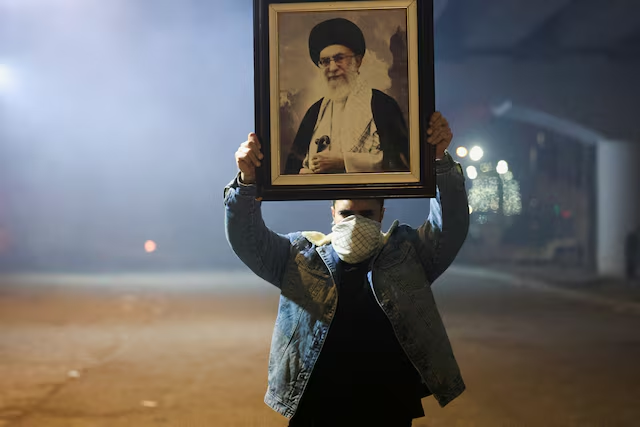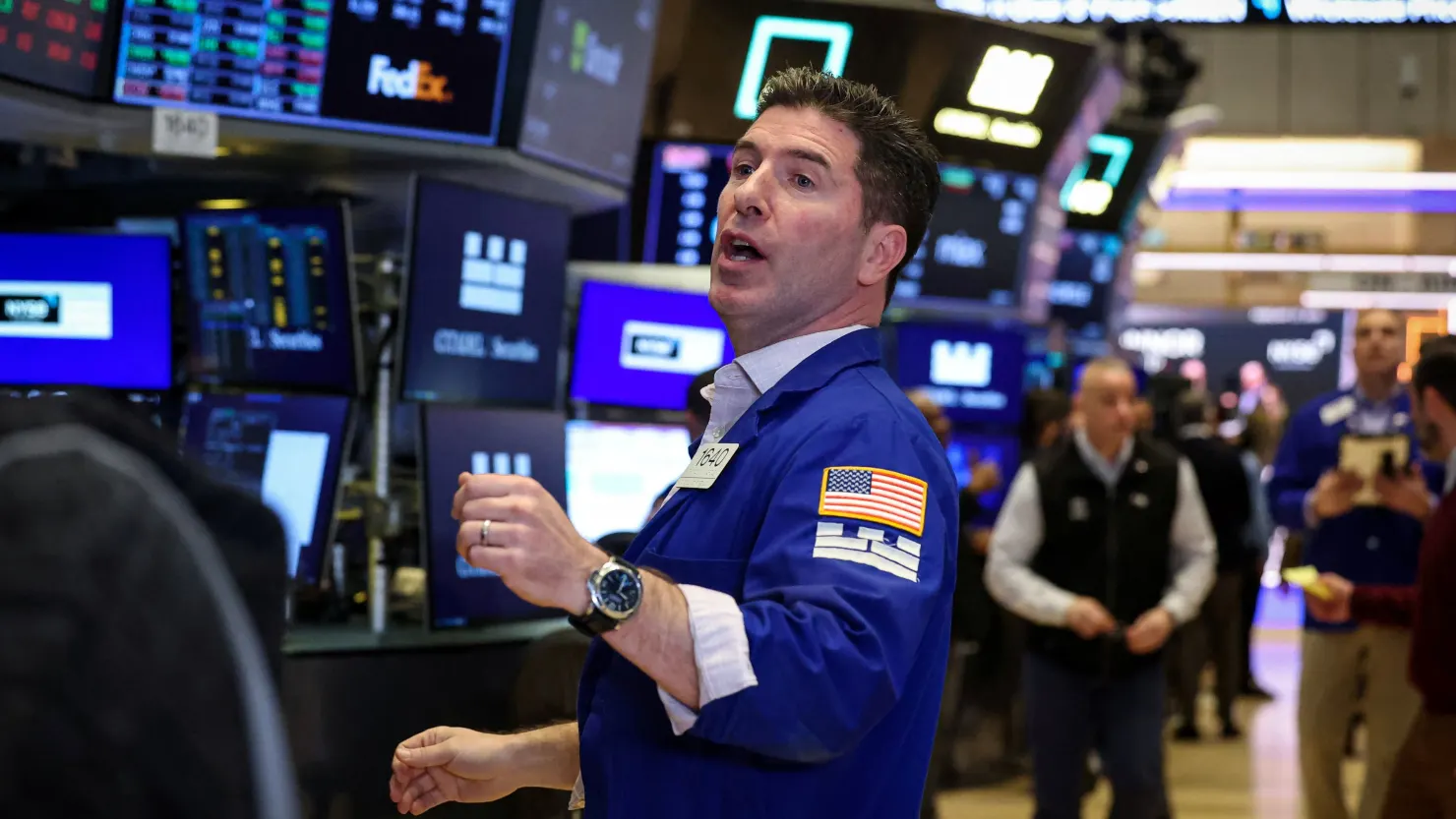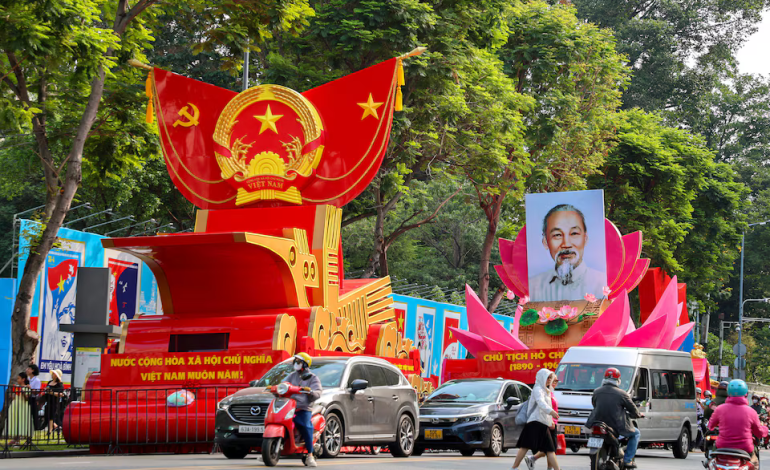April 30, 2025, marks the 50th anniversary of the end of the Vietnam War, a pivotal moment in both Vietnamese history and the broader international narrative.
The war, which had ravaged the country for two decades, officially concluded on this day in 1975 with the fall of Saigon, signaling the reunification of Vietnam under Communist rule.
In Ho Chi Minh City, formerly Saigon, thousands gathered to observe the occasion, which is formally celebrated as “Liberation of the South and National Reunification Day.” The grand commemoration included a military parade featuring thousands of soldiers and an airshow with Russian-made fighter jets and helicopters. A contingent of Chinese troops also participated, underscoring the strengthening ties between Vietnam and its northern neighbor.
Vietnam’s Communist Party leader, To Lam, referred to the event as a “victory of faith,” emphasizing the country’s commitment to national unity and the pursuit of justice. His remarks resonated with the patriotic mood of the celebration, as many in the country reflect on the end of a brutal and divisive conflict that left lasting scars.
The fall of Saigon was the final act in a 20-year struggle, culminating in the reunification of North and South Vietnam. It marked the end of the US military involvement, which had spanned from 1955 to 1973. The dramatic images of US helicopters evacuating citizens from the rooftop of the US embassy remain etched in the collective memory, symbolizing the chaotic final days of the war.
The cost of the war was immense: an estimated three million Vietnamese lives were lost, alongside nearly 60,000 American lives. The impact of the war extended beyond the battlefield, affecting the political and social fabric of both Vietnam and the United States. For the US, the war ended in what many view as a defeat, while for Vietnam, it was seen as the triumph of national unity, despite the immense human and material costs.
While Vietnam has seen tremendous progress in the decades since the war, the anniversary brings forth mixed emotions, particularly among the South Vietnamese who fled the country in the aftermath of the war. Many of them, now living abroad, refer to April 30 as “Black April,” a reminder of the forced exodus and the scars left behind by the war. On the other hand, Vietnam’s government celebrates the day as the beginning of a new era of independence and unity, under the guidance of the Communist Party.
Over the years, Vietnam’s relationship with the United States has evolved. Diplomatic ties were normalized in 1995, and in recent years, the bilateral relationship has deepened, particularly through trade and regional cooperation. A visit by former US President Joe Biden to Hanoi in 2023 highlighted this strengthened partnership. However, the relationship is currently under strain due to the threat of US tariffs on Vietnamese goods, which could significantly impact the country’s economy, which is heavily reliant on exports.
In a sign of shifting alliances, Vietnam also maintains close ties with Russia, particularly in terms of military procurement, and has strengthened its economic and diplomatic relationships with China. Despite historical tensions, China has become a significant investor in Vietnam, and its growing role in the region was underscored by the participation of Chinese troops in the anniversary celebrations.
The Vietnam War’s legacy is also reflected in the continued emotional and psychological impact on those who lived through it. US veterans of the war continue to grapple with its aftermath, with many questioning the purpose of their service. For some, like George Bennett, a Vietnam War veteran and member of the Tlingit tribe in Alaska, the war led to deep struggles with identity, addiction, and mental health. Others, like Chic Canfora, an anti-war activist whose brother was injured in the Kent State shooting, reflect on how the war and the protests it sparked shaped their views on social justice and activism.
Reuters, CNN, the Associated Press contributed to this report.










The latest news in your social feeds
Subscribe to our social media platforms to stay tuned